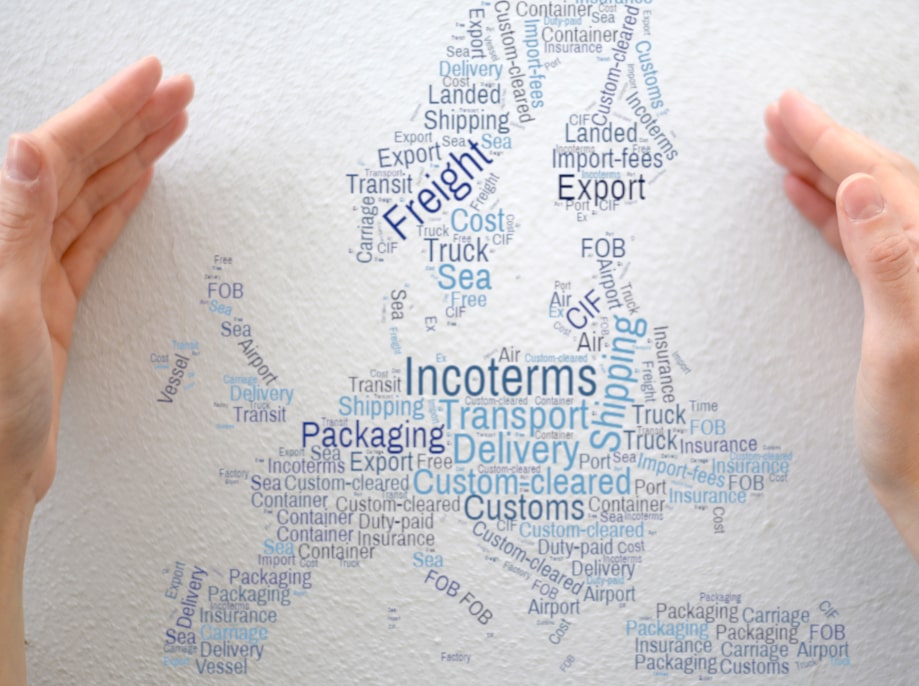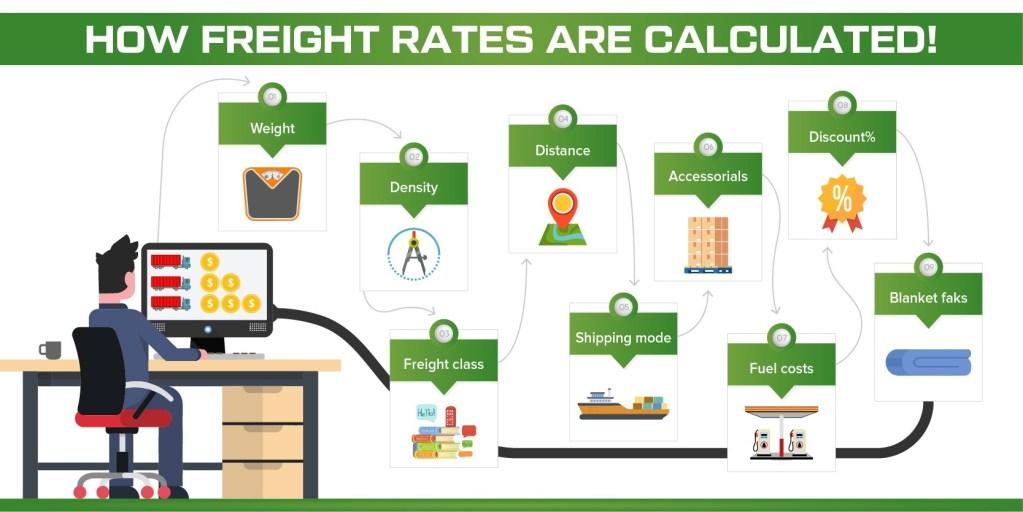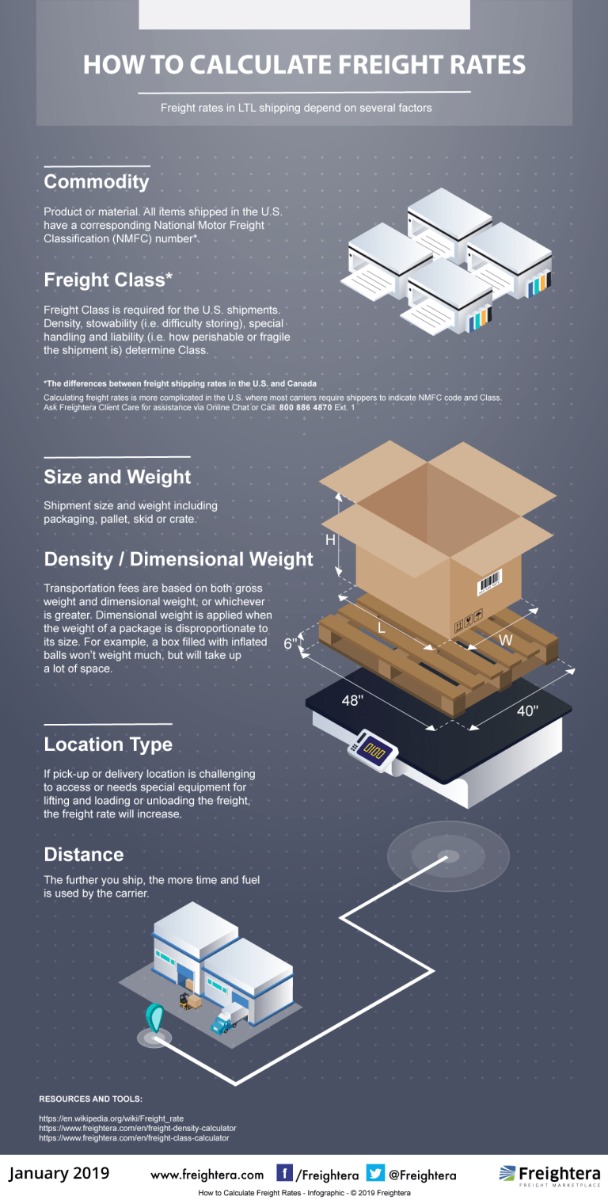
While the term "Freight Quotes and Costs" may sound pretty straightforward, they include quite a bit more than just the freight rate.
The list of things that affect freight rates is endless. They can change depending on the season, category of import, origin, destination, the route in between, whether or not the groundhog sees his shadow.
That last one is a joke, but it's not too far from the truth. As the United Nations Conference on Trade and Development (UNCTD) explains, freight rates are very susceptible to changes in global market forces, and that translates to rapid fluctuations in pricing:
The fluctuation of freight rates can lead to added charges. That's why it's essential to fully understand what you need to do and the total shipping cost before importing goods.

What costs are included in a freight quote? The simple answer is everything. Freight quotes cover every detail of shipping international freight from Point A to Point B. Let's break down the costs so you'll know what to expect.
Ocean Freight
The most common mode of transport importers and exporters use, ocean freight accounts for 90% of all products shipped.
If you get a freight quote for ocean or sea shipping, it will include any costs associated with moving freight from the port of origin to the destination port.
Air Freight
When global importers need to get goods somewhere quickly and reliably, they use air freight. While it's less popular than ocean freight, air freight is much faster. For example, China-US freight shipping time is 20-30 days by the ocean and just three days by air cargo — but the costs are much higher.
Shipping Fees for Air and Ocean Freight
- Consolidation fee
- A consolidation fee is applied to less container load (LCL) and air cargo shipments. This fee covers the cost of consolidating loads from different shippers into one single shipping container.
- Fuel surcharges (FSC)
- This fee is assessed by a carrier to account for variations in fuel costs and protects them from fuel price volatility.
- TSA Security Charge
- Even your shipments aren't safe from the TSA. Airlines must X-ray or physically screen all cargo that goes on the aircraft, and they apply a fee associated with the physical screening.
- Container freight station (CFS) handling charge
- These charges apply to services provided when receiving exported cargo and packing them into containers.
If you don't feel like memorizing all of these terms and charges, don't worry. Lots of websites provide free chargeable weight calculators to save you some time.
Below is also an extremely helpful guide that breaks things down and walks you through the process:






